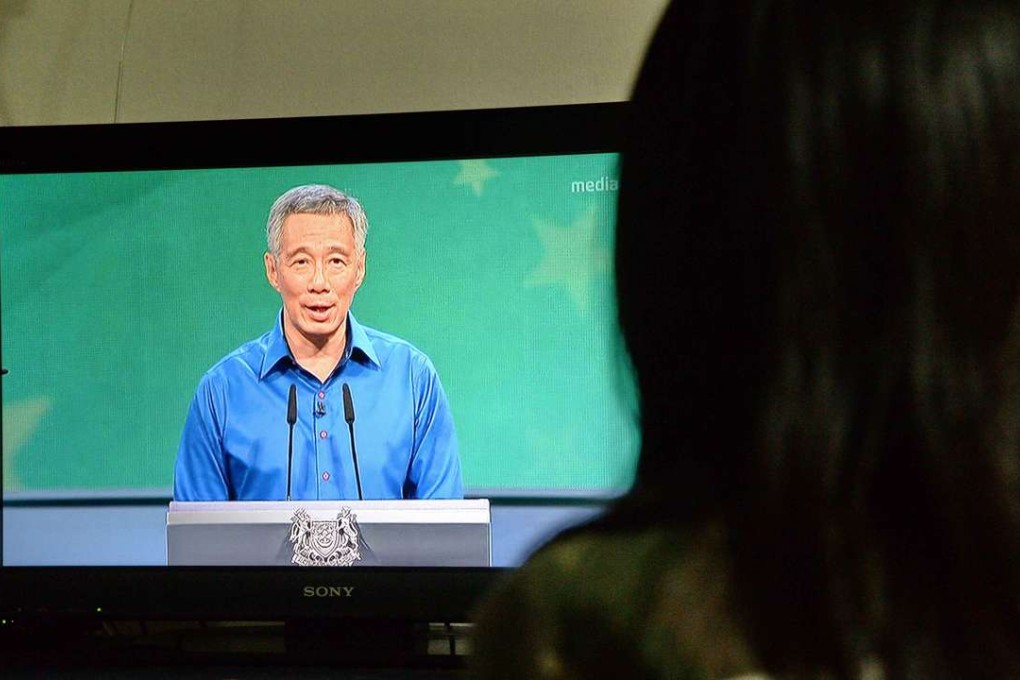Who can step up as Singapore’s next leader?
A fainting episode by Prime Minister Lee during a televised address highlights the need to identify a successor – but whom it might be is far from clear

On Monday, a week after he stunned Singapore when he nearly fainted while giving an annual policy speech live, Prime Minister Lee Hsien Loong is due back at work. Following medical leave of seven days, it may be business as usual for him. But the incident has drawn attention to the unusual level of uncertainty around leadership succession.
Regardless of the state of the premier’s health, Singapore’s ruling party likes to identify successors many years in advance. Lee himself broached the subject when he went back on stage to resume his address. He gave himself the deadline of stepping down and handing over power to his successor “soon after” the next general election, which must be held before January 2021.
Just who that successor will be, however, is unclear.
In past leadership changeovers, successors were identified early and underwent lengthy understudy.
Lee was deputy prime minister for 14 years before he took over in 2004 from his predecessor Goh Chok Tong. Goh was deputy premier for five years before he became PM in 1990, taking over the reins from Lee’s father, the late founding prime minister Lee Kuan Yew. There was an age gap of at least 10 years between successive premiers.
In contrast, the current deputy prime ministers, Teo Chee Hean and Tharman Shanmugaratnam, are just three and six years younger than Lee Hsien Loong’s 64 years. For this reason, neither man is seen as satisfying the need for leadership rejuvenation.
Prime Minister Lee’s podium wobble exposes uncertainty facing Singapore’s leadership
Lee has twice survived cancer. He shocked everyone that Sunday evening when he suddenly stopped speaking, slouched, gazed sideways and held on to the rostrum. As cameras turned away from him, he was whisked away by his security detail and three cabinet ministers in the audience who rushed onstage.